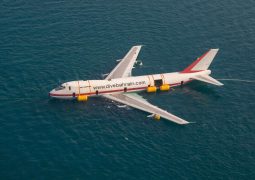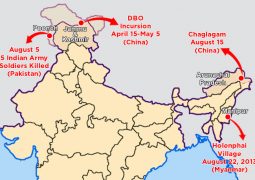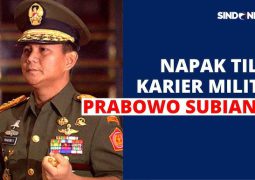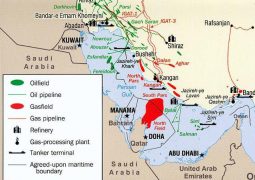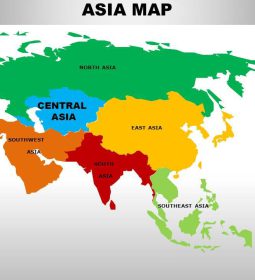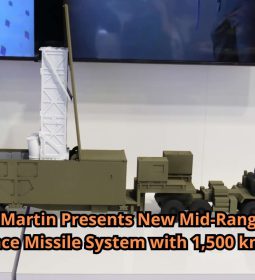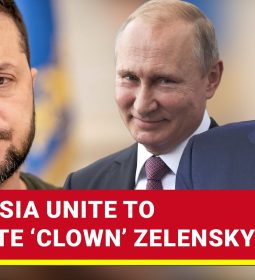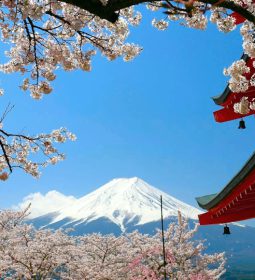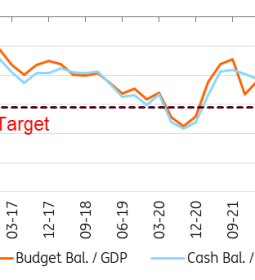Contribution of all states needed to create nuclear-weapon-free world, Mongolian expert underlines
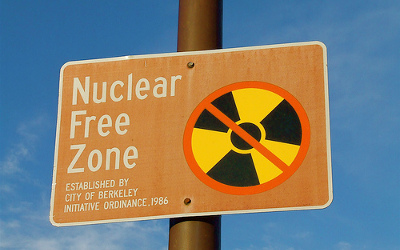
Bishkek (AKIpress) – 12106837 Abolition of nuclear weapons is an ambitious goal that reflects seven decades of peoples’ aspirations and hopes to do away with this weapon of mass destruction. The paradox of the post cold war period is that though the number of nuclear weapons has been reduced, the number of states possessing such weapons has increased, according to InDepthNews.
Mongolia’s Contribution to a Nuclear-Weapon Free World
By Jargalsaikhany Enkhsaikan, former Ambassador-at-Large in charge of Multilateral Issues.
[The risk of nuclear weapons] use is higher due to nuclear deterrence doctrines, revival of the rhetoric and spirit of the cold war, testing of hypersonic means of delivery of such weapons, hair trigger alert systems with very short time to make decisions, introduction of a dial-a-yield technology that lowers nuclear weapon use threshold.Nuclear weapons are omnicide weapons and as such they are a threat to all peoples. Archive materials show that humankind was spared of nuclear annihilation more due to luck rather than policy of deterrence. The future of humankind cannot depend on luck or on policies of a few.
The humanitarian initiative has underlined yet once again the devastating medical, environmental and humanitarian consequences of the use of even of a tiny fraction of such weapons. They are dangerous suicide bombs for the humankind, while those that possess them can be considered as potential suicide bombers. Hence in the struggle to abolish nuclear weapons, active participation of every state is needed and not only of nuclear-weapon states or their allies.
Mongolia’s case
During the cold war Mongolia was allied with one nuclear-weapon state and hosted its military bases. As such it was held hostage to the tense relations between nuclear-weapon states and could have easily been drawn into their armed conflict.
After the cold war, when circumstances have changed, it abandoned the policy of relying on such alliance and has opted to ensure its security primarily by political and diplomatic means, in line with the logic and imperatives of common security.
Thus, in 1992, it declared its territory a single-State nuclear-weapon-free zone (NWFZ). As a result of consistent and persistent policy as well as broad international support, today Mongolia enjoys an internationally recognized nuclear-weapon-free status.
In 2012, in their joint declaration, the five nuclear-weapon states (P5) pledged to respect the status and not to contribute to any act that would violate it. The joint declaration is a Mongolia-specific assurance reflecting its geopolitical location. It ensures that Mongolia would not be used as a pawn in future geopolitical nuclear rivalry.
In practical terms it means that its vast territory of 1.5 million square kilometers will be a zone of confidence and stability and not a “gray zone” or a destabilizing factor. This demonstrates the potential role of each member of international community in strengthening national and regional security. The almost two dozen states and territories that due to geographical or some other factors cannot form part of existing or new NWFZs could benefit from such experience and avoid becoming “gray zone”. Therein lies the practical importance of Mongolia’s contribution and experience.
Mongolia’s legislation
Mongolia’s nuclear-weapon-free status is not only a political understanding and arrangement with the P5. It is based on its national interest and national legislation. Thus, in 2000, Mongolia adopted a legislation that defined the status at the national level and criminalized acts that would violate the status. The government regularly informs the Parliament on its implementation. Based on such reports, in 2015 the Parliament passed a resolution aimed at making the status an integral part of a regional security arrangement.
NEA-NWFZ
Based on its experience, Mongolia has signaled its readiness, on an informal basis to work with others to see if and how a nuclear-weapon-free zone could be established in Northeast Asia (NEA), an essential element of a comprehensive approach to security in that delicate and sensitive region. As Mongolia’s President has pointed out at the high-level meeting on nuclear disarmament in 2013, establishing a NEA-NWFZ would not be easy and would require courage, political will and perseverance; however it is doable, if not right away. The geopolitics in the region and prospects of a possible regional arms race require that a special attempt be made to find ways and means of establishing a NEA-NWFZ.
Blue Banner activities
As an independent civil society organization established in 2005, Blue Banner has worked with its government to promote Mongolia’s status nationally and internationally. Today Blue Banner is making research on a number of issues. It is working on developing appropriate measures to link Mongolia’s status with East Asian regional security and stability. It is also working together with other NGOs and think tanks of the region, including with Research Center for Nuclear Weapons Abolition of Nagasaki University (RECNA) on a comprehensive approach to establishing a NEA-NWFZ.
Blue Banner believes that in this day and age a mere absence of nuclear weapons on a territory of a state does not mean that the territory would not be drawn into or used in nuclear rivalry or conflict. When time and space have become decisive factors in military planning, the territory of a NWFZ could be used in military planning, preparation or execution.
Hence Blue Banner is researching feasibility of a broader approach to understanding/interpreting the meaning of NWFZs (i.e. not just physical absence of nuclear weapons) that would also exclude involvement in tracking, homing on or involvement in nuclear-weapon use infrastructure.
As member of Global Partnership for the Prevention of Armed Conflict (GPPAC) network, Blue Banner is working with other Northeast Asian CSOs, in the framework the recently established track-II Ulaanbaatar process, to create a space and venue for inclusive regional track-II dialogue and help generate practical ideas, i.e. serve as a “laboratory” of useful ideas and proposals that could help address such issues as of the situation on the Korean peninsula or establishing a NEA-NWFZ.
In short, contribution of all states is needed to create a nuclear-weapon-free world.
- Previous Role of media in ensuring election transparency discussed
- Next Asian Development Bank supports construction of power transmission line worth $255 mln in Uzbekistan




